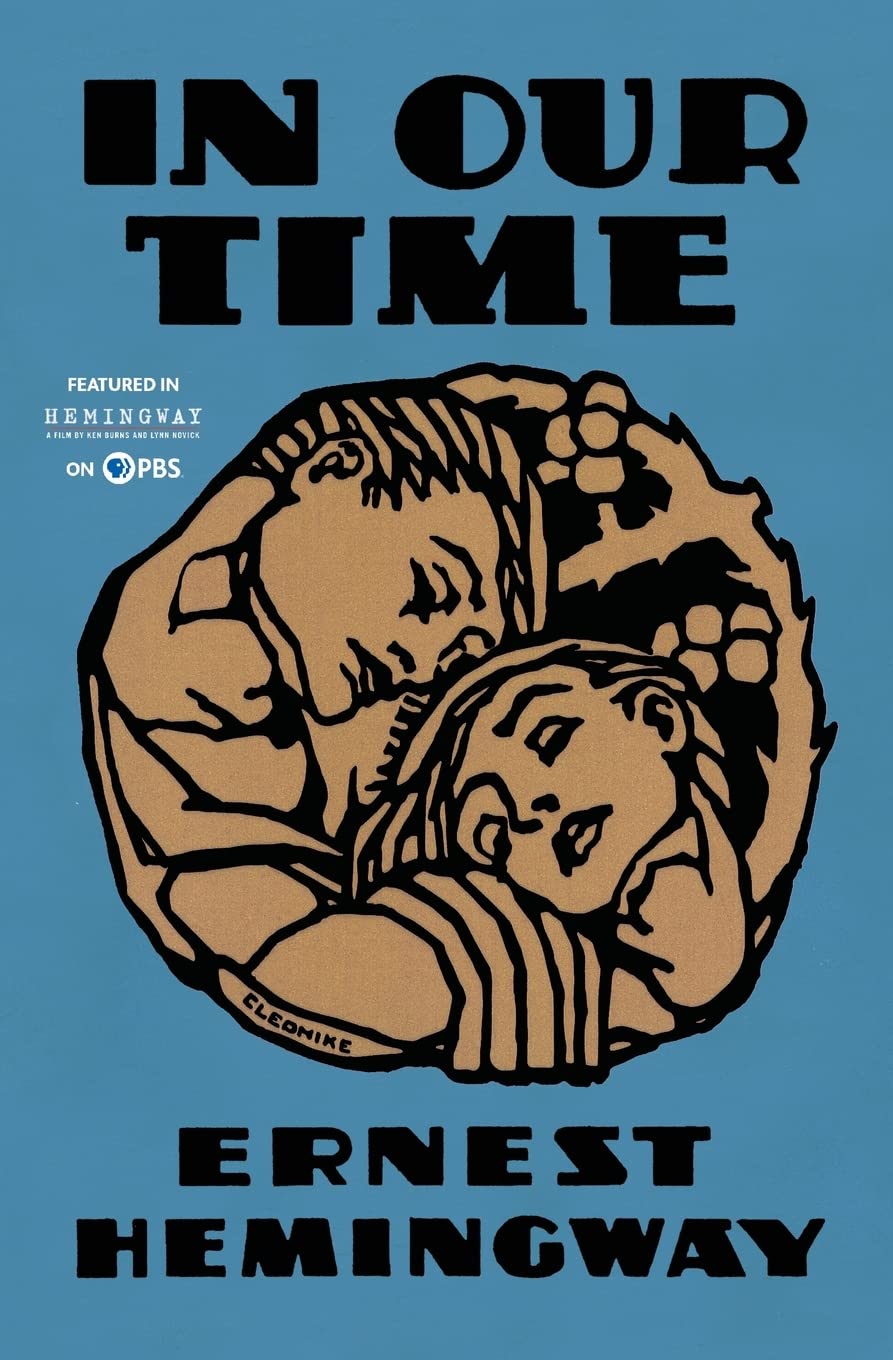In Our Time / Ernest Hemingway,
| List Price: | |
Our Price: $10.39 | |
|
For Bulk orders
| |
|
Used Book Price: | |
| In Our Time / Ernest Hemingway, | |
| Publisher: Scribner | |
| Availability: | |
| Sales Rank: 21590 | |
|
Similar Books
In his first commercially published book (following the small-press appearance of Three Stories and Ten Poems in 1924), Hemingway was still wearing his influences on his sleeve. The vignettes between each story smack of Gertrude Stein, whose minimalist punctuation and clodhopping rhythms he was happy to borrow. "My Old Man" sounds like Huck Finn on the Grand Tour: "Well, we went to live at Maisons-Lafitte, where just about everybody lives except the gang at Chantilly, with a Mrs. Meyers that runs a boarding house. Maisons is about the swellest place to live I've ever seen in all my life." But in the "The Battler" or "Indian Camp" or "Big Two-Hearted River," Hemingway finds his own voice, shunning the least hint of rhetorical inflation and sticking to just the facts, ma'am. His reluctance to traffic in high-flown abstraction has often been chalked up to postwar disillusion--as though he were too much of a simpleton to make deliberate stylistic decisions. Still, nobody can read "Soldier's Home" without drawing a certain connection between the two. Returning home to Oklahoma, the hero finds that his tales of combat are now a bankrupt genre:
Even his lies were not sensational at the pool room. His acquaintances, who had heard detailed accounts of German women found chained to machine guns in the Argonne forest and who could not comprehend, or were barred by their patriotism from interest in, any German machine gunners who were not chained, were not thrilled by his stories.If we are to believe Michael Reynolds and Ann Douglas, this passage reflects the author's own dreary homecoming as a member of the lost generation. It's also a fine example of a surprisingly rare phenomenon, at least at this point in his career: Hemingway being funny. --James Marcus
Now you can buy Books online in USA,UK, India and more than 100 countries.
*Terms and Conditions apply
Disclaimer: All product data on this page belongs to
 .
.No guarantees are made as to accuracy of prices and information.










